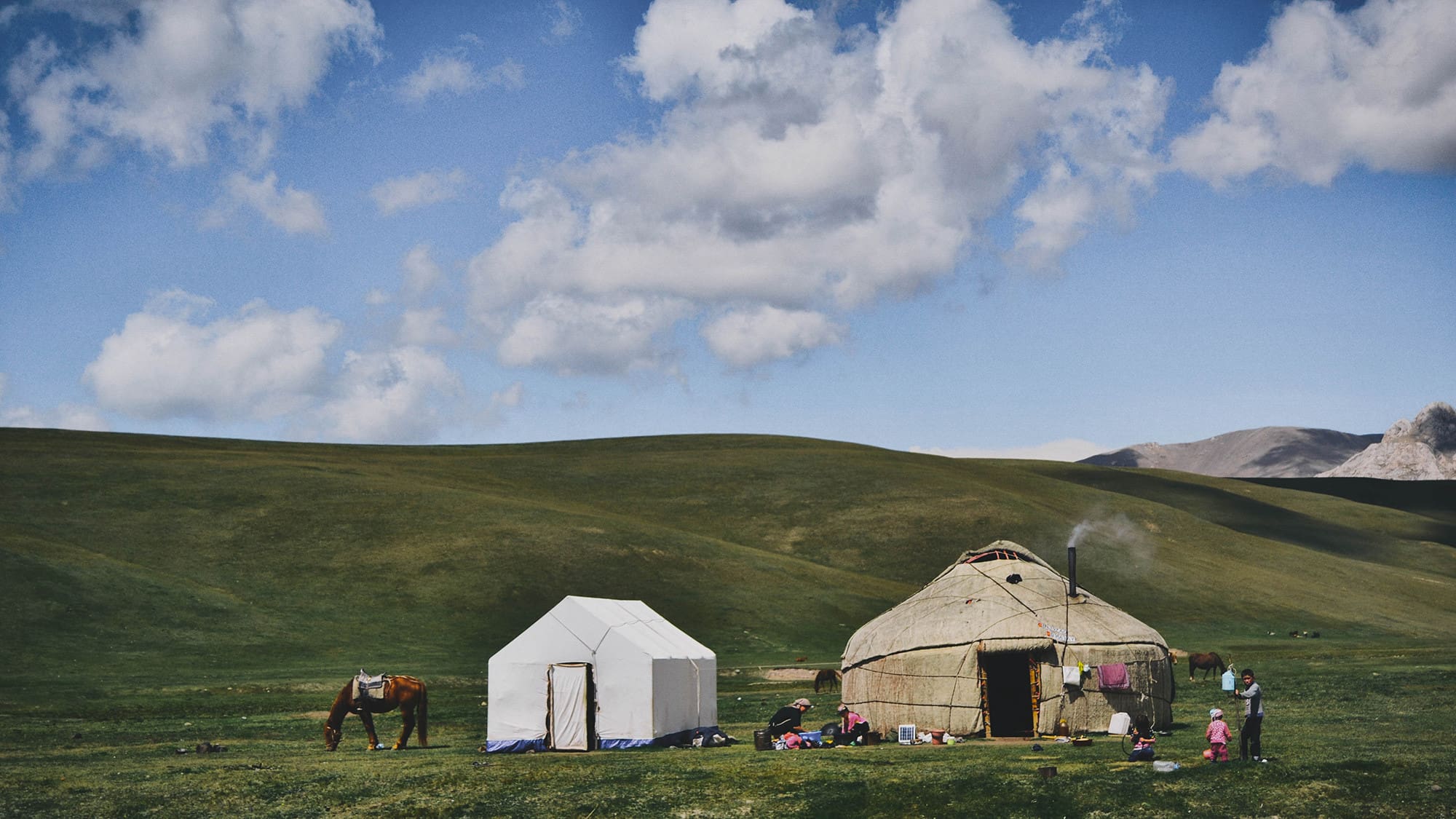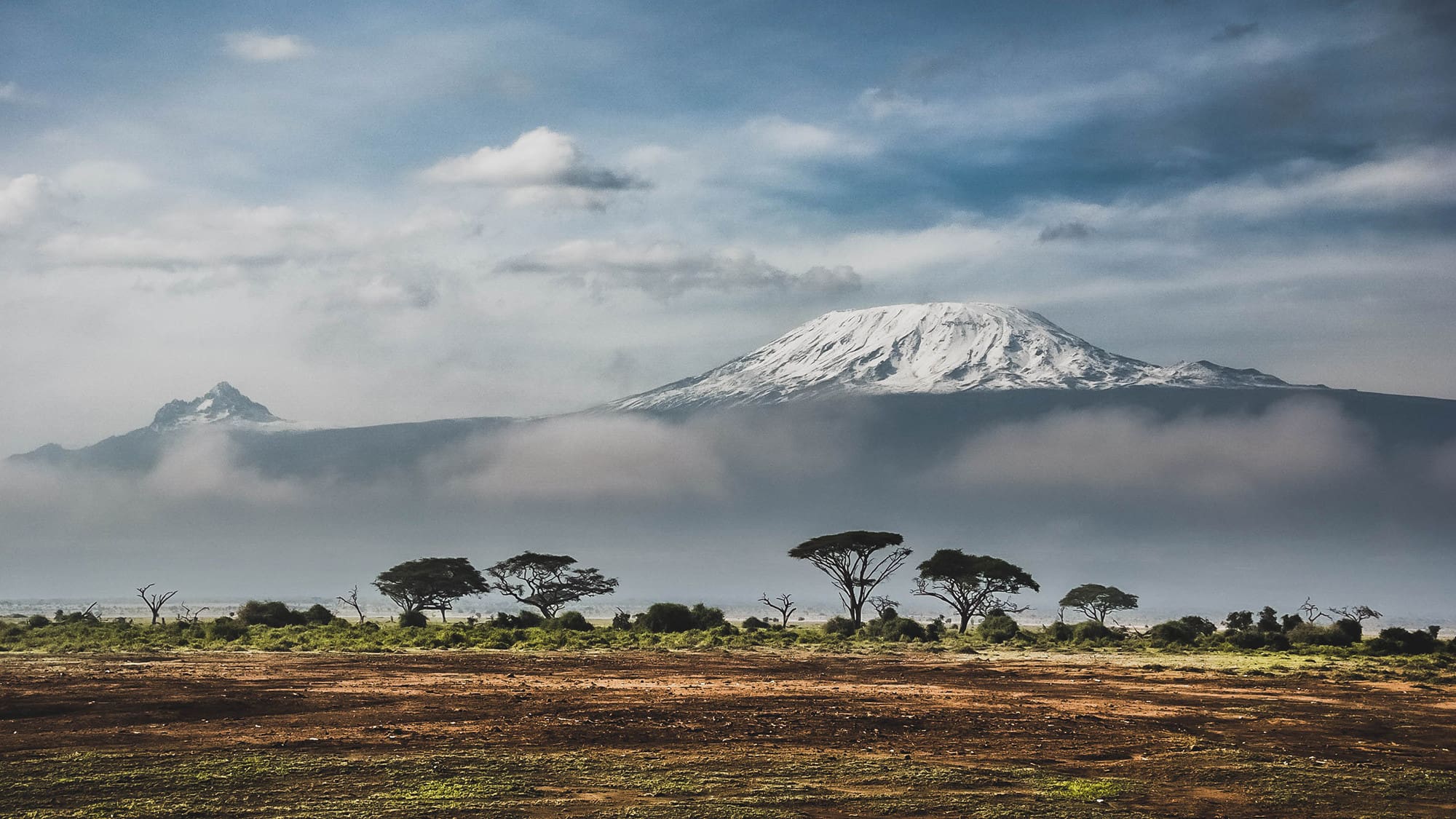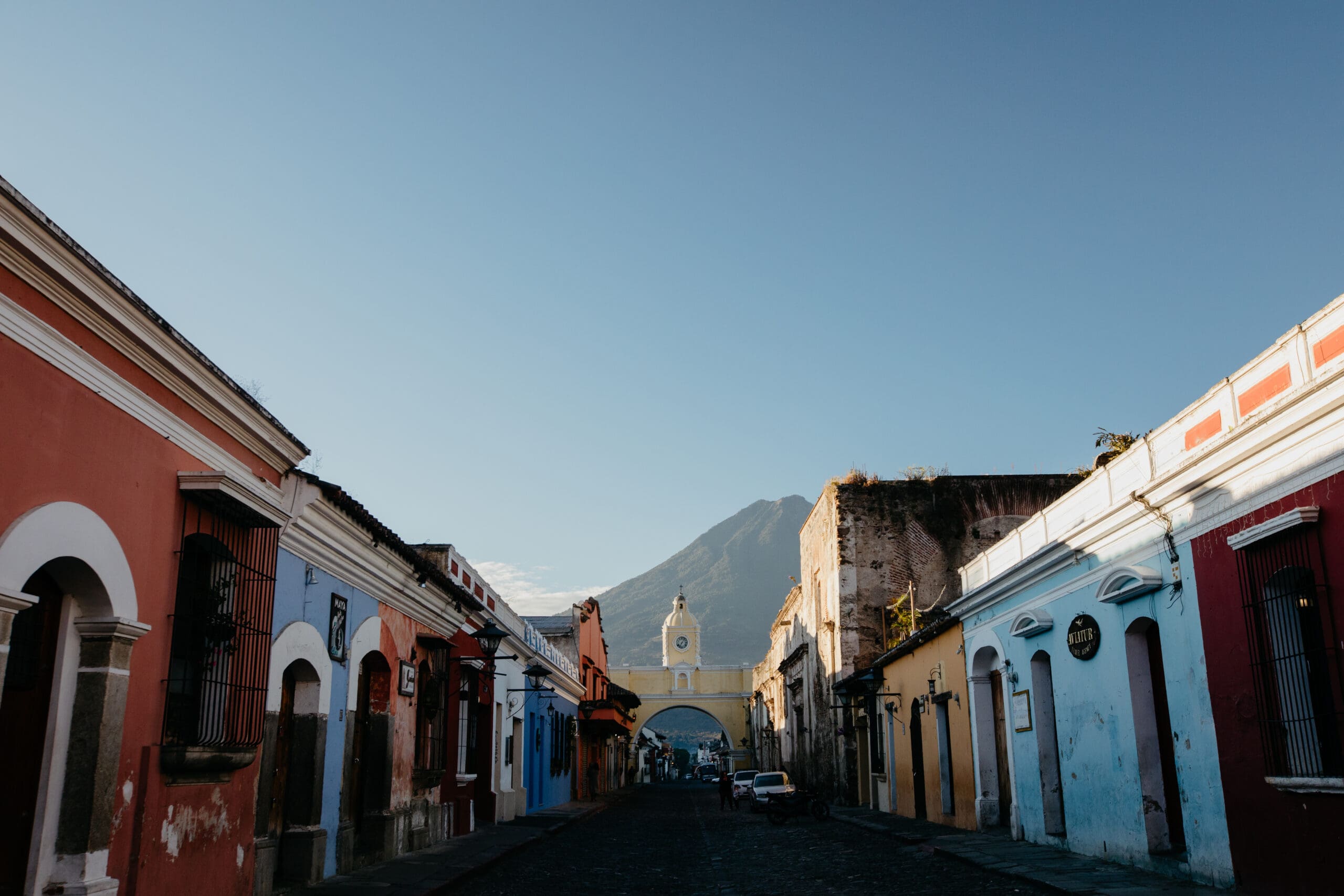The smell was rancid (think of a garbage truck times 10). Decaying food and trash just pile upon pile, mile upon mile. It’s rainy season, so the mud was thick and filled with the decomposition as well. People were in the trash pile digging, scavenging, and eyeing us up. What is this group of white people doing here?
A group of us visited the slum/dump in Korah, Addis Ababa. It’s one of the poorest cities in Ethiopia. Over 120,000 lepers (or children of lepers), HIV/AIDS patients, people with TB, widows, and orphans live here. It started out a leper community, a community of outcasts. Outcasts continue to flee here as a source of safety and community. Food is tainted and the conditions are beyond filthy. Because poverty consumes the area, malnutrition, illness, and disease spread like lightening.
During my time here, I heard from a ministry that works within the dump spreading love. They told us above money, Korah needed love. We went to three houses and prayed over the people in those houses. As we walked through the streets, I held children, gave hugs, greeted people, and saw them as humans. Although the community is dirty, dingy, desolate, and diseased, the men, women, and children are BEAUTIFUL.
Birara, a survivor who happened to work at the guest house we are staying at during debrief and ATL, told me his story. I asked him if I could share it, and he agreed. He was the one that took us to the dump to bring light because he knows what it’s like to live and breathe the dump air of hopelessness and despair.
This is his story….a story of scavenging for food, scavenging for life, and scavenging for hope.
I was born in the countryside 700 plus KM away from Addis. There was no running water, no electricity, and no education. The only thing to do there is to look after the animals; you are a shepherd.
My parents were not educated and my mom wanted to give us a better life. She wanted to move to Addis and my dad did not. When I was 4 years old, my mom and dad divorced. We moved to Addis with her.
It turned out that Addis was a harder life than we expected. We were hoping to have a good life. But things were different. Life was difficult. It was a big city; we didn’t know anyone and we ended up on the streets for a couple of years. We sat alongside the road laying down plastic and begging. I was sent door to door asking for food. There were days when we went to bed hungry, not having food for any meals.
We heard about Korah from others who were poor. We picked up everything we had (not much) and went there to live because it was much cheaper. I lived with my mom, sister, and two nieces. (My sister had married). Life was really hard. I tried to go to school, but there were times where we couldn’t even afford to eat. I continued to go to the streets to beg and we used all that money to pay for the rent for the house.
We were beyond poor. Normally during holidays in the village where I grew up, children would get new clothes and shoes. But in Addis, we wore the same clothes and shoes every single day. There was no extra money to buy new items. Our clothes were filthy and had a strong stench.
My mom and I started going to the trash dump to work. She gathered plastics to sell for an income. But she didn’t keep up with that work because when she had my brother, they had to operate on her and her back was not the same after the operation. She couldn’t lift heavy items and got sick a lot. To this day, she still has many back issues and surgery would be the only option to help her.
My mom couldn’t feed all of us. I was the older son, so I moved out by myself and lived with my friends in the trash dump. We worked there, scavenged for food, and lived there. We struggled and suffered a lot. We made a small house out of the plastics and other garbage that was feasible for a “house”. Life at the dump was even worse in the rainy season. For months at a time, it would downpour for hours at a time each day. The dump was muddy, and we continued to wear the same clothes over and over and over. You can only imagine how filthy and foul we were.
I got sick a lot in the dump. We were not very educated and didn’t go to the hospital. It wasn’t really an option or something we thought of doing. We thought we would be okay the next day or the next. There was one time where I felt like I was dying. I was in so much pain. I called my mom and she took me to get medicine. I was in bed for a couple of days and then got better. But I was really weak, couldn’t eat, and if I did eat, I would throw up anything I ate.
I made a lot of friends in the trash dump. But the dump was a place of hopelessness. There was no hope at all. Without hope, life is very hard. You don’t think about anything besides that day---what are we going to do that day? What are we going to eat? What are we going to drink? Because of that sense of hopelessness, we would wake up in the morning, smoke weed, cigarettes, chew khat (a plant native to Africa which causes excitement, loss of appetite, and euphoria), and engage in fights—all day, every day.
I would walk, eat, and talk, but it wasn’t me. Somehow you forget who you are. Instead, you’re the person that the drugs make you to be.
People were aggressive in the dump. I was aggressive. Everyone is. We all had a knife as a means of protection in the dump. My friends and I also had a gun, but we never used it (just had it for safety). But, everyone just wants to fight everyone. I remember getting in fights and going to the police station for a couple days. Then we’d have to call our families, they would come to the station, sign papers, and we would be released. But in a few days, you’d be back.
I believe God protected me. I should have been in prison for a couple of years for some of the things I did. I stole from people. If there was a new person, we would spot them and steal from them. We would take everything they had. We did bad things. This all happened because there was no one to show us or give us hope. Hopelessness created an atmosphere that encouraged gangs. Gangs make you feel like you belong…like you are important….Like you are loved.
Gangs were the only way to survive in the dump. When they fight you have to fight with them. If they do drugs, you do drugs with them. When they get drunk, you get drunk too. Otherwise, they will kick you out and you won’t get any benefits. You wouldn’t survive. And that’s one of the hardest parts of living in the dump. You had to eat to live. So, you had to find a way to be part of the group.
We were human, but had no humanity. It was bad. The police were afraid of the trash dump. Once, a group of older kids had killed some police that had come to the dump. When the police want to come inside, a bunch come together now because otherwise the kids would attack them. The dump became a hiding place if you do something bad—if the police were hunting for you--you would hide inside the dump for two weeks and then have freedom. The police were afraid for their lives.
As I said, fighting was normal and an every day event in the dump. We went to a restaurant once. We had been drinking. Some kids were there from a different village. There was a small misunderstanding and a fight started. Everything was broken in the fight—the TV, the refrigerator, tables….everything. The house owner ran away to save himself. People were knocked out.
There was also another incident I remember. There was a party near Korah with the really rich kids. People told us they had nice phones and such so we went to get the nice items. One kid at the party had a hat. I came up to him, took it, and put it on my head. He came to talk to me about why I had taken it and a friend of mine hit him with a beer bottle and we just left him there on the ground.
Although gangs can have a negative impact on you, they can also create a feeling of love, friendship, and brotherhood. We slept together in a house. Ten to 15 kids slept on the ground. We would hang our clothes up at night and whoever woke up first would wear it. We shared everything—new clothes, shoes, etc. We supported each other and always had each other’s backs every day.
You also never ate alone. Even if it was a small amount, we shared because getting food in the dump can be difficult.very time a truck came to dump the trash, over 2,000 kids gathered. When the food dumped, all of the kids would get in a circle. Food from hotels and airports was the jackpot. Some of my favorite food we found was pizza, bread, potatoes, and all types of chicken. At the same time, trash was mixed in with this—diapers, plastics, glass, metal. The gang you joined was important in obtaining food. If you were strong, you got food. Dogs, donkeys, and sheep would also eat that food. It really depended how strong and lucky you were if you got food.
Life in Korah and the dump was very hard, but God is good and changed my life forever. There were so many kids in Korah, but I believe that God saw my family and wanted it to be changed. So he sent his soldiers. In 2010 or 2011 a group came. They met us in the trash dump. They saw our lives and our hardships and started Project 61. They took a lot of the kids in the trash dump to a boarding school. I was able to complete a lot of school---almost all the way through high school because of the sponsorship program. Because of them, my life started getting better each day.
They gave us hope. No one else ever came to me to give motivation, love or hope in Korah. It’s an outcast village. Even the government didn’t know the village well. The government decided to dump the garbage there. The trash dump was and still is the only income for the village-the only benefit of it. People resell the plastics and food they find.

As I said, my life got better each and every day. When I was about 12—I started working with Ordinary Heroes. I went out with the teams as a helper. I’d lead them through Korah and the dump. A passion had developed in me from watching these people going out to my village and helping them. I wanted to be part of that. And I’ve officially been following this passion for 6 years.
When I go back to Korah and the dump with the teams, there are so many emotions. When I was in the dump, the smell did not bother me. I was living in the dump, it was normal for everyone. I ate from there so the smell didn’t matter. When I go there now, sometimes I have to leave suddenly. Above all, I feel very bad for my friends who are still there. Even right now, they are expecting me to provide for them. And I can’t do that right now. I’m working and trying to better my life and cannot afford to support them at this time. (However, Birara did start a sponsorship program for children and had it running for two years. He had to stop it momentarily, but hopes to have it up and running again soon with help from his sponsor)

(Pictured: Birara's Ministry)
It’s been almost 4 years since I’ve been living by myself eating what I want. I’m proud of myself, but when I see my friends, I wonder what my life would be like if I hadn’t gotten out of the dump. I also ask myself when is God going to change their lives like he changed mine?
I didn’t grow up going to church, praying, or really knowing God until boarding school and working with Ordinary Heroes (OH). My sponsor would come and feed me—we would hang out and I would learn stories from the Bible. At the boarding school, I had to go to church or I would be punished. I used to skip church so many times and sleep in the dorm. My teacher would have to come pick me up and take me. When I started working with OH, the teams would go to church and I went with them. I finally started choosing it for myself. I started reading my Bible, going to church every Sunday without the teams, and praying.
I was with a team once and we went to a restaurant once where I used to go and beg for food. They were surprised when they saw me sitting there with the team, dressed nice and looking good. I had been going to school and speaking some English at this point, and they were very excited for me and the owner told me how lucky I was to find these people.
Sometimes people forget where they came from and do stupid things, but I realize I was in the ashes once, and it’s all because of God that I am where I am now. He helps me to be strong. I believe in him more and trust in him no matter what. Even now, I face struggles, but I remember where I was before and it makes me thankful. I have everything I need.
The most important thing that I’m benefiting from this whole situation is the realization that God has a reason for everything….in every situation and every circumstance. I used to question, “Why me? I’m not a good person. Out of the thousands of kids, you chose me?” Then I realized God chose me so I can be his hands and feet, serve him, and give all the glory to him.
When I think of God, I am relieved. I used to stress a lot worry about my life every day. I used to fear for my life. I’m amazed how I used to think in the trash dump. Now, when I face struggles, I think: “Everything will pass. There is nothing permanent in this world.” I know that this world is not mine and I’m just here for a short period of time. I just want to grow closer to God. I want to be a person who stands next to God, puts God first in everything, and does everything for his glory. That’s all that matters. Life is too short to stress. I look at my life now and thank God for how far I have come.






